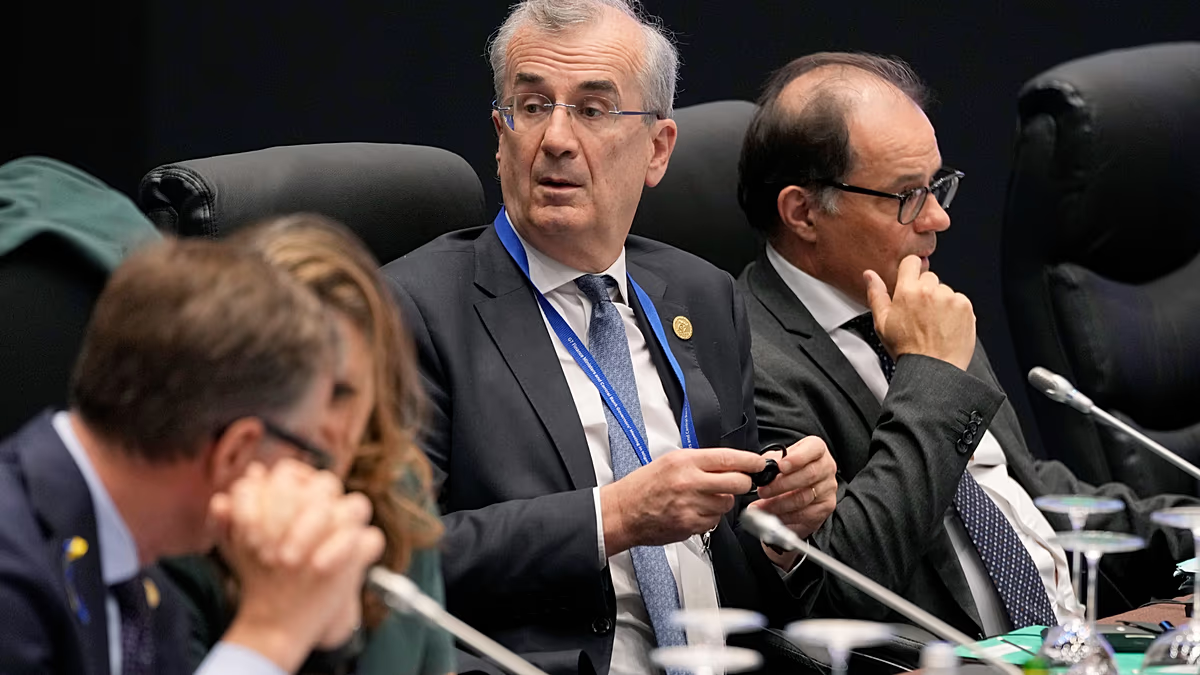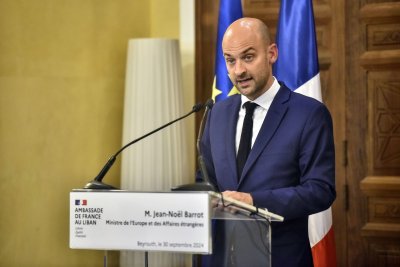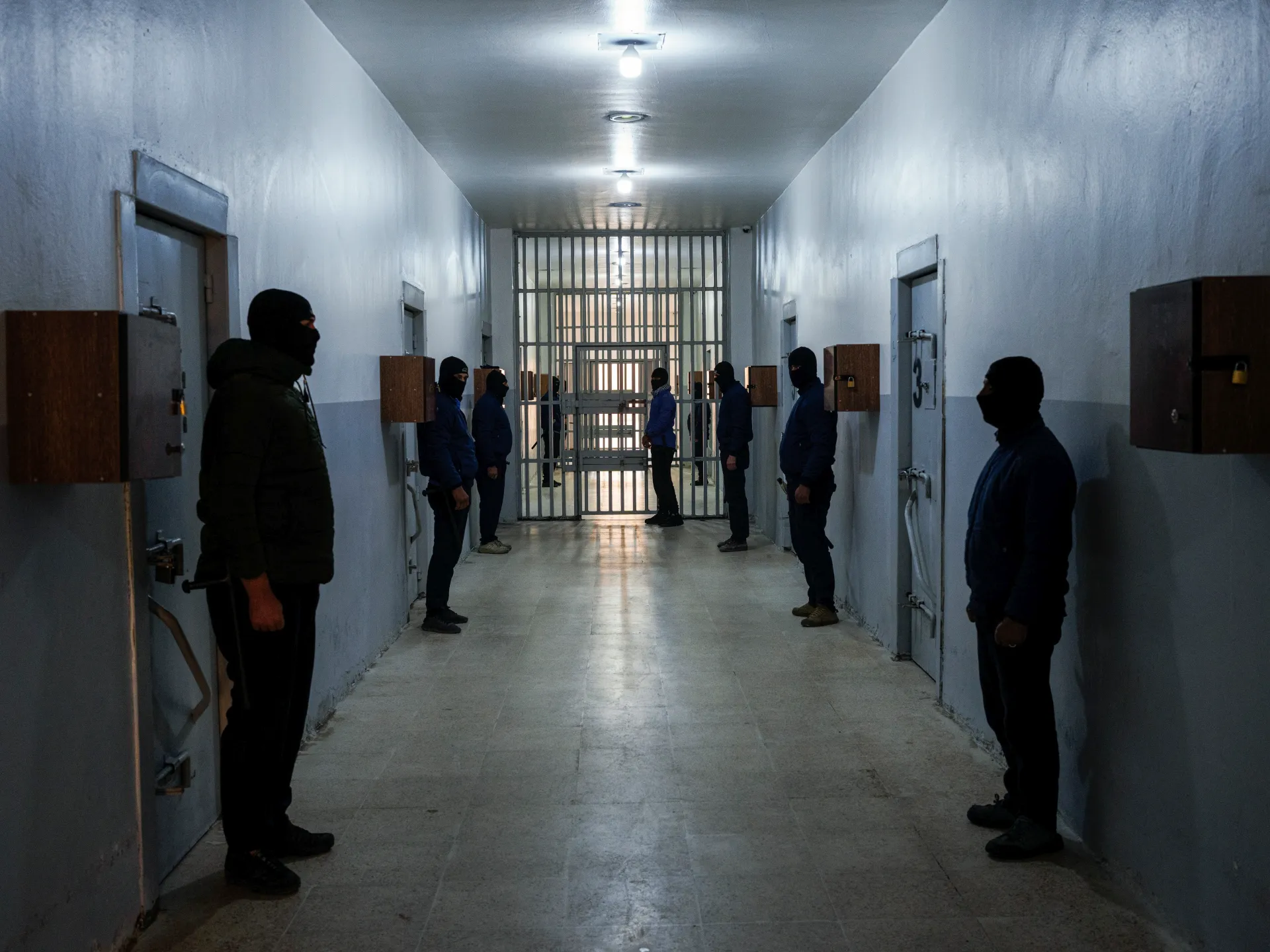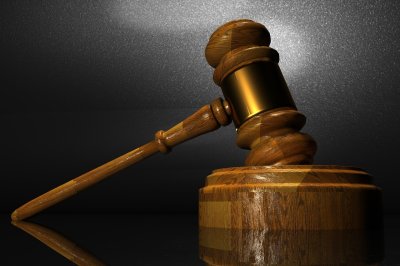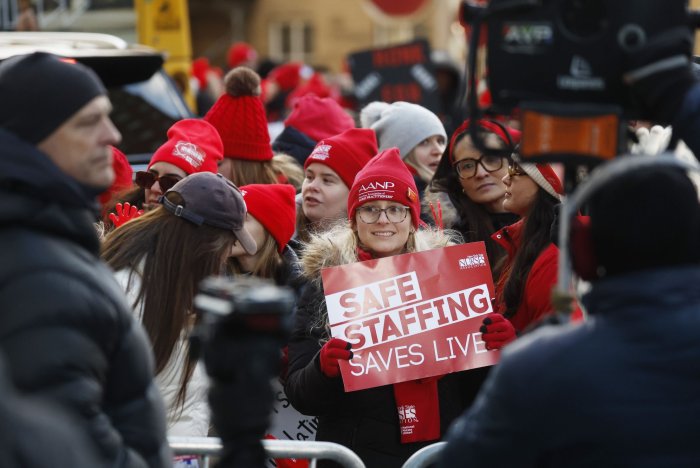Milo Boyd explored M De Megève, a luxury hotel in the French Alps beloved by the mega-rich that rivals any White Lotus setting
White Lotus is making a comeback for a fourth season, this time heading to the Château de La Messardière – a genuine palace-turned-hotel nestled on 32 verdant acres of jasmine, cypress trees and parasol pines in France’s Saint-Tropez.
Whilst there’s no question that the programme will continue to captivate, excite and astonish on the Mediterranean, the show’s brilliant creator Mike White has overlooked a golden opportunity.
There exists a resort 300km to the north that presents a far more abundant tapestry of historical glamour and nouveau riche intrigue that forms the backbone of the HBO sensation, whilst also providing grounds for introducing a yodelling theme tune.
That destination is Megève and the particular hotel, the M De Megève. The compact ski resort is nestled 1,400 metres up the French Alps, beneath the shadow of Mont Blanc.
Although the village of 3,000 might be less renowned than Tignes or Val d’Isère, it remains cherished by the ultra-wealthy and French nobility.
Indeed, Megève’s exceptionally affluent origins trace back to the late 1910s when Noémie de Rothschild – weary of encountering German arms dealers in Switzerland’s Saint Moritz – resolved to place the tiny and rural settlement on the map.
In the 100 years since, dozens of ski lifts have emerged across 400 km of interconnected pistes; several Michelin-starred chefs have established themselves in Alpine life there; and luxury hotels matching those showcased in White Lotus have welcomed the global elite. This January, I managed to slip in amongst the international elite for a weekend at M De Megève, a five-star establishment that belongs to the prestigious Small Luxury Hotels of the World club.
It is a truly enchanting destination.
Upon arrival, a porter swiftly collects your luggage and a beverage is offered as you’re escorted to the crackling fire in the entrance hall. A welcome pairing after travelling from London on Eurostar’s Snowtrain, despite the smooth and agreeable nature of the trip.
Drink finished and cases transported upstairs, it’s time to begin discovering.
The M De Megève comprises 42 rooms arranged around a lengthy reception space that opens into a bar area by the entrance, a bistro at the rear and a fondue restaurant to the side. Friendly staff, many of whom spend their winters grafting in the Alps before heading back to Cannes or Marseille for the summer season, are available to help, converse or simply beam a greeting.
In the intimate Grand Crus de Fondue, they’re prepared to provide some more particular guidance. “How do you like your cheese,” the hotel’s sommelier-style Cheese Chef enquired of my partner and I, before conjuring up a pot of bubbling, stomach-fillingly potent fondue that nearly floored us there at the table.
Who knows what would’ve occurred if we’d chosen the Champagne or pear cider base, rather than playing it safe with a classic white wine blend. Equally scrumptious and more traditional cuisine is offered at the bistro, where we feasted on extraordinary plates of French onion soup, mushroom risotto and sea bream, accompanied by a glass or two of Pommery Champagne.
M De Megève enjoys a special partnership with the Reims château, as it does with Clarins. Visitors are showered with complimentary face creams and balms from the premium French skincare brand, and pampered with its complete range down in the spa.
I genuinely question whether my masseuse, who left me floating on clouds and resolved a weeks-long bout of troublesome skin, was practising sorcery.
The enchantment persisted in the timber alpine lodge-style quarters, where drapes are controlled by a bedside button and the lavatories are delightfully interactive.
“Our Asian and Middle Eastern guests insist on it,” a staff member informed me.
White Lotus producer David Bernad recently dashed hopes of a ski season when he declared, “Mike does not like the cold”.
Fortunately for him, the M De Megève’s sauna, hammam and hot tub are sufficiently steamy to warm his joints and, naturally, provide enough ‘actors in swimsuits’ screen time to satisfy the fans.
Yet it is in a different type of suit that Megève’s visitors are at their finest.
Venture out onto the cobblestones of the village and you’ll discover high-fashion brands aplenty. We’re talking Dior, Hermès, Rolex. We’re talking an average month’s wage to kit out each of the piste posers in a white ski-suit, designer label of choice adorned in diamanté on the back. “Megève is a place to be seen,” a Canadian heir explained in the queue for a drag lift.
And he’s right. What’s so intriguing about the hotel is that, despite sitting just 100m from the Chamois lifts, many guests do not ski. Instead, they come to shop, to parade through the village on horse-drawn carriages, and to telecabin up in platform Uggs to a hillside grill flogging £200 steaks and £9 bottles of Evian.
I adore skiing. For the unmatched physical excitement it provides on days brimming with powder-fresh thrills and stunning panoramas.
And for the opportunity to glimpse into a contrasting realm. A realm of Brits debating whether they’d manage to expense a €5,000 club table whilst tucking into the previously mentioned steak; of an Alpine settlement that hosted Emily in Paris; of sharing ski lifts with multilingual families switching between Italian, French and English.
It represents a realm of sophistication and fascination, practically begging to be White Lotused.
Book it
Rooms can be reserved at en.mdemegeve.com from £479.
Eurostar Snow train tickets for the 2025/26 season start at £99 each way (£198 return) in Standard class, running weekly from Dec 20, 2025, to Apr 5, 2026, from London St Pancras to the French Alps via Lille. Visit eurostar.com/uk-en/train/ski-train.







